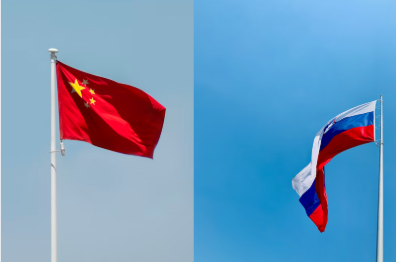Under Article 41(1) of the Statute of the International Court of Justice (“Statute” and “ICJ”, respectively) and Article 75(1) of the Rules of the ICJ (“Rules”), the ICJ has the power to ‘indicate’ provisional measures. The wording of Article 75(1) of the Rules is clear. It provides that the ICJ may ‘indicate’ provisional measures which ‘ought to be taken’.
Despite this clarity of language, a number of observers argue that the word ‘indicate’ should be interpreted as if it were instead the word ‘order’ or ‘compel’, and that the phrase ‘ought to be taken’ should be interpreted as if it were instead the phrase ‘must be taken’. Such assertions are not only difficult to make, in the context of the language of the Statute and Rules. They are also undermined by the lack of any mechanism to enforce provisional measures.
On possible way for the ICJ to bridge the schism between an assertion that an indication of provisional measures by the ICJ is compulsory and the lack of enforcement mechanisms for a failure to comply might be through the use of the ICJ’s supervisory powers. These are already set out clearly in the Rules. Under Article 78 of the Rules, the ICJ has the power to monitor the implementation of provisional measure. Thus, Article 78 states:
“The Court may request information from the parties on any matter connected with the implementation of any provisional measures it has indicated.”
Article 78 requires the ICJ to be proactive. In practice, the ICJ usually only monitors or assesses implementation of provisional measures at the merits stage of a case (e.g., the United States Diplomatic and Consular Staff in Tehran case – USA v Iran). The ICJ rarely requests ongoing information from a party (e.g., Application of the Convention on the Prevention and Punishment of the Crime of Genocide – The Gambia v Myanmar, in which Myanmar was directed by the ICJ to provide an update on implementation bi-annually).
Despite this, viewed through a pragmatic lens, there is little doubt that Article 78 contains a legally sound basis for the ICJ to expand its legitimate role in relation to the indication of provisional measures. Indeed, the ICJ recently has become active in this context. In December 2020, the ICJ created a three-member ad hoc committee to assist the full Court in monitoring the implementation of provisional measures. The committee’s mandate is to examine relevant information supplied by the parties, report periodically to the court and recommend potential options.
A number of further practical, technical practices are open to the ICJ in logical extension of this initiative. These may assist the ICJ in the monitoring of and compliance with provisional measures. Each of these could be undertaken by the ICJ without requiring significant expenditure of time, money or political capital. Three examples are identified briefly below.
First, the ICJ could publish the replies of relevant parties to its Article 78 requests for information on the implementation of provisional measures. These could be published by the ICJ without edit or comment, of course.
Second, the ICJ could publish a list of States that have and have not complied with indicated provisional measures. It is of note that the African Court of Human and Peoples’ Rights does this already.
Third, the ICJ could dedicate a section in its annual report to the United Nations General Assembly to issues of compliance with provisional measures. The annual report contains much useful administrative information that assists United Nations Member States and observers of the ICJ to understand its functioning; given the potential importance of provisional measures in the judicial armoury, it would be appropriate to give it prominence in the ICJ’s reporting.



